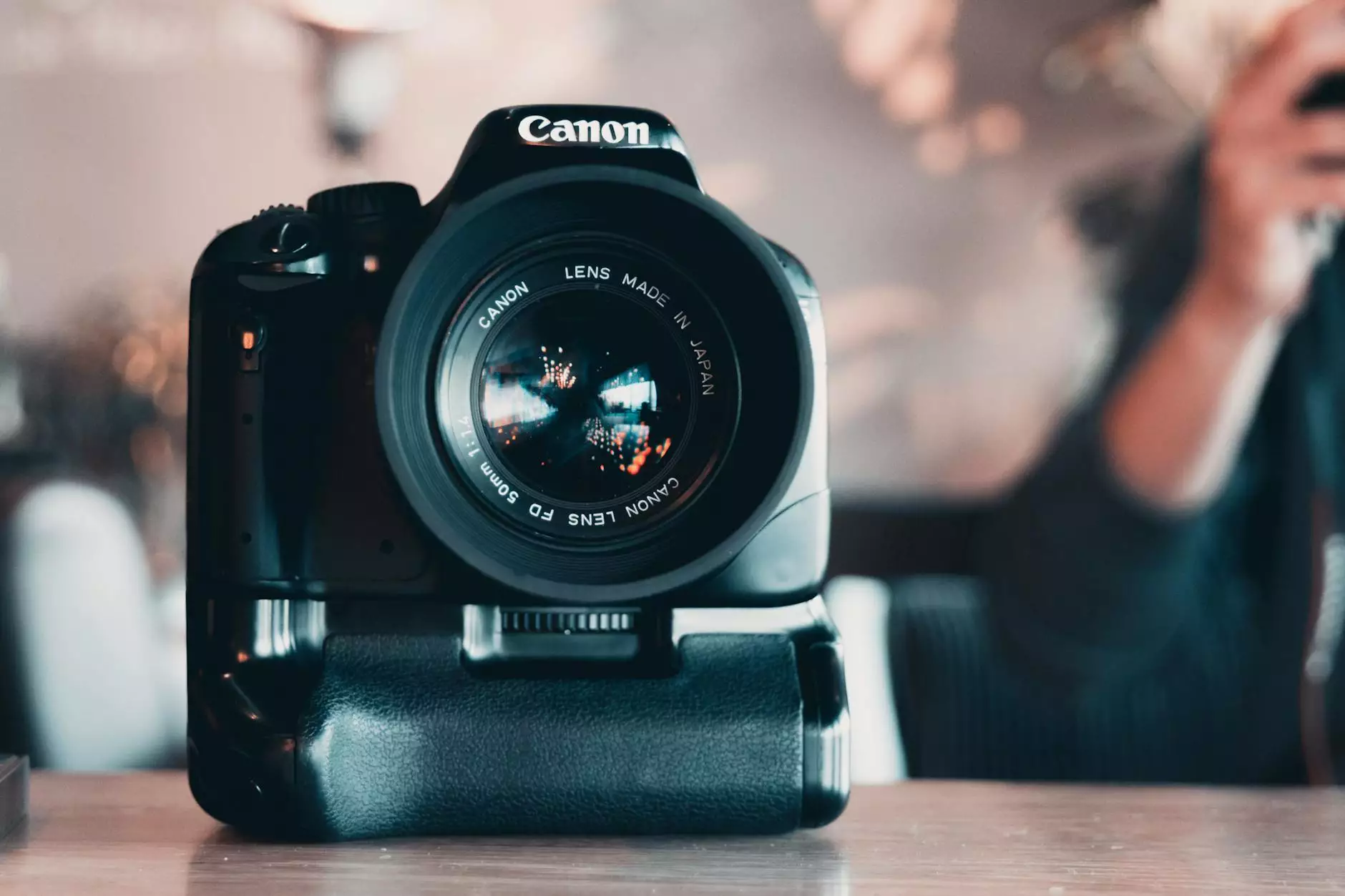Nightguards for Teeth Grinding: An Essential Solution for Oral Health

Teeth grinding, medically known as bruxism, is a common condition that affects millions of people worldwide. It can occur during the day or at night, but nighttime grinding is often more damaging to oral health. Fortunately, nightguards for teeth grinding provide an effective solution to protect your teeth and improve your quality of life.
Understanding Teeth Grinding
Teeth grinding is the involuntary clenching and grinding of teeth, often occurring unconsciously during sleep. This can lead to various dental issues including:
- Worn Tooth Enamel: Grinding can erode the protective layer of your teeth, leading to sensitivity and decay.
- Cracked or Broken Teeth: Excessive pressure can cause teeth to crack or even break.
- Jaw Pain: Grinding can strain jaw muscles, leading to pain and discomfort.
- Headaches: Many individuals report tension headaches resulting from nighttime grinding.
The Importance of Nightguards
Nightguards for teeth grinding serve as a protective barrier between your upper and lower teeth, reducing the impact of grinding and clenching. Here are some key benefits of using nightguards:
- Protection Against Damage: Nightguards help prevent wear and tear on teeth, significantly reducing the risk of chips, fractures, and enamel erosion.
- Jaw Relief: By cushioning the teeth, nightguards can alleviate tension and reduce symptoms of temporomandibular joint (TMJ) disorders.
- Improved Sleep Quality: Reducing grinding can lead to a more restful sleep, both for the individual and their partner.
- Customized Comfort: Many dental offices, including Medental SF, offer customized nightguards for a perfect fit, enhancing comfort and effectiveness.
Types of Nightguards
There are several types of nightguards available, each designed to cater to different needs:
1. Soft Nightguards
Soft nightguards are typically recommended for mild to moderate bruxism. They are comfortable to wear, flexible, and provide adequate cushioning against grinding.
2. Hard Nightguards
Hard nightguards are more durable and intended for severe cases of bruxism. They provide a stronger barrier, protecting against significant grinding and clenching.
3. Dual-Lamination Nightguards
These offer the best of both worlds—a soft inner layer for comfort and a hard outer layer for protection, making them suitable for a wide range of grinding severity.
How to Choose the Right Nightguard
When selecting a nightguard, consider the following factors:
- Severity of Bruxism: Consult with your dentist at Medental SF to assess your grinding severity and get personalized advice on the best nightguard for you.
- Comfort: Ensure that the nightguard fits comfortably; a well-fitting guard will encourage consistent use.
- Cleaning and Care: Choose a nightguard that is easy to clean. Regular maintenance is essential for hygiene and durability.
- Price: While it’s important to find a guard that fits your budget, prioritize quality and effectiveness in your choice.
Benefits of Professional Dental Nightguards
Opting for a professional dental nightguard from your dentist provides several advantages over over-the-counter options:
- Custom Fit: A dentist will take impressions of your teeth to create a nightguard that fits perfectly, providing maximum protection and comfort.
- Durability: Professional nightguards are made from high-quality materials that ensure longevity and effectiveness.
- Personalized Guidance: Your dentist can advise you on the best nightguard type for your specific needs and monitor your bruxism progression over time.
How to Care for Your Nightguard
Proper care of your nightguard is crucial to ensure its effectiveness and longevity. Here are some guidelines:
- Routine Cleaning: Rinse your nightguard with water before and after use. Use a soft toothbrush and mild soap to clean it thoroughly.
- Avoid Heat: Nightguards should be kept away from hot water or direct sunlight, as heat can warp the material.
- Store Properly: When not in use, store your nightguard in a protective case to prevent damage.
- Regular Check-ups: Schedule regular appointments with your dentist to ensure your nightguard remains effective and fits well.
Signs You May Need a Nightguard
Many people may not even realize they grind their teeth. Here are some signs that indicate you may need a nightguard:
- Wake Up with Jaw Pain: If you often experience soreness in your jaw or face after sleeping, bruxism may be the cause.
- Frequent Headaches: Recurring headaches, especially in the morning, could indicate teeth grinding during the night.
- Teeth Sensitivity: Increased sensitivity, especially to hot or cold stimuli, can indicate enamel wear from grinding.
- Noticeable Wear on Teeth: If you or your dentist notice excessive wear and tear on your teeth, it may be time to consider a nightguard.
Conclusion: Protect Your Smile with Nightguards
Nightguards for teeth grinding are an essential tool in preserving dental health and enhancing quality of life. By preventing damage to your teeth and alleviating the discomfort associated with bruxism, nightguards offer significant benefits. If you suspect you suffer from teeth grinding, consult with the experienced team at Medental SF to find the right nightguard for your needs. Don’t wait for the damage to occur; take proactive steps to protect your smile today!
Additional Resources
For more information on bruxism and related dental health topics, consider exploring these resources:
- Medental SF: Comprehensive Dental Care
- American Dental Association: Bruxism Information
- Mayo Clinic: Bruxism Overview









